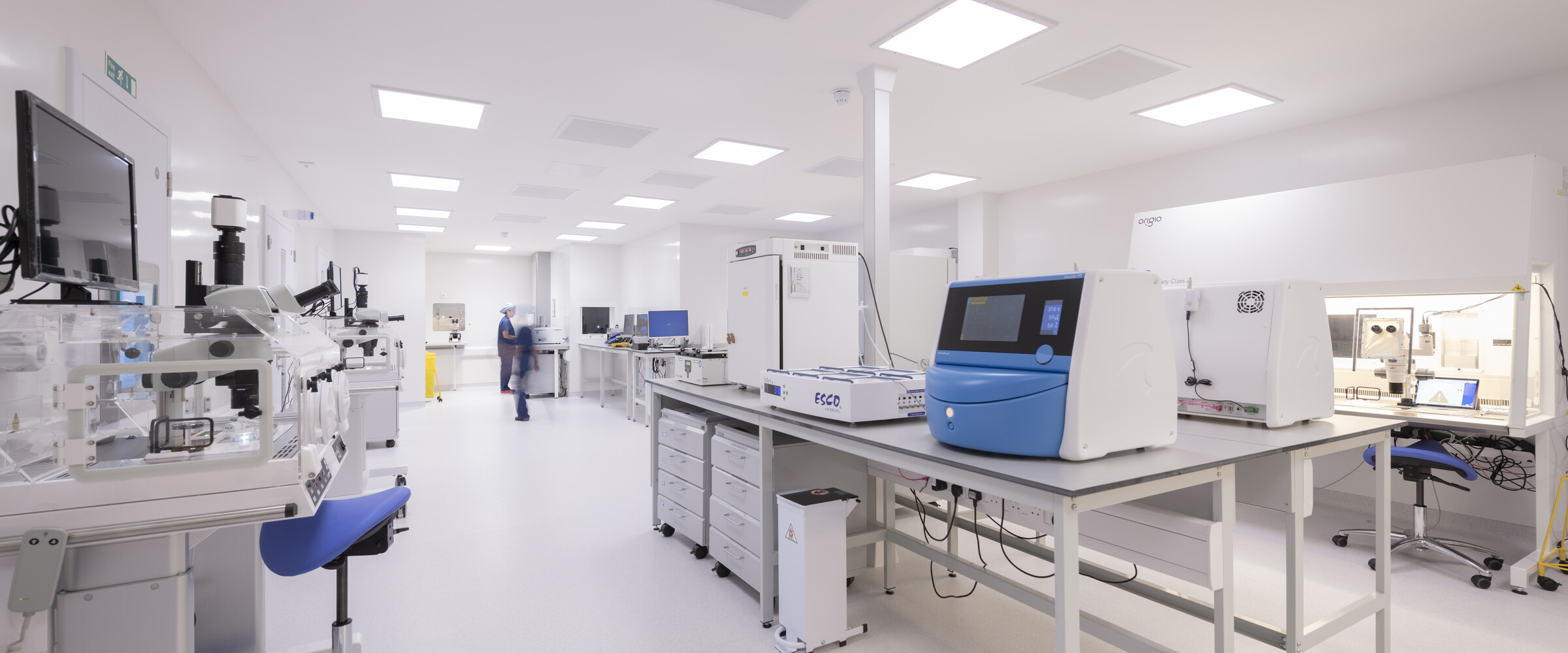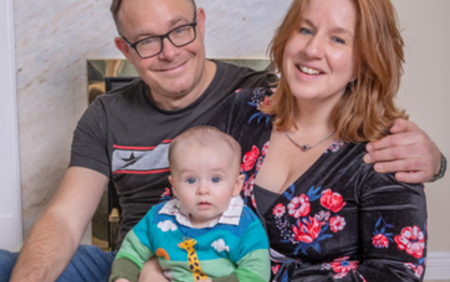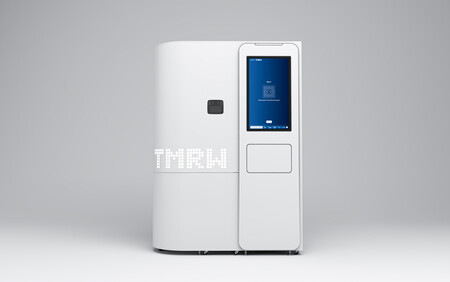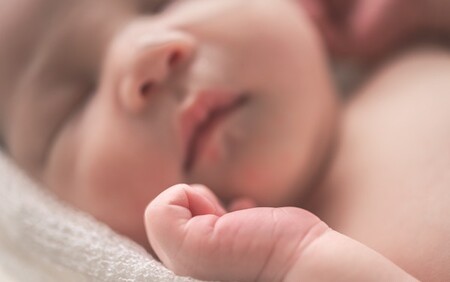
State-of-the-art Fertility Clinic Invests in the Future
Complete Fertility, based in Hampshire, is the first clinic in the South to invest in a TMRW CryoRobot Select, an automated platform for the safe management and storage of frozen eggs and embryos. The new technology helps the laboratory team increase their storage capacity and checks the storage conditions thousands of times a day, 24/7, reducing the reliance on manual processes. This will give patients the peace of mind they deserve when considering or undergoing fertility treatment and storage.
Why Egg Freezing and ‘Social’ Egg Freezing is increasing
Egg freezing has been used by clinics for decades; it offers women the chance to preserve their fertility and potentially have a family later in life. It was initially developed for women who required medical treatment that would affect their fertility. Today it is used for many reasons due to advancements in the freezing processes. Women who wish to delay starting a family for ‘social’ reasons can freeze eggs to use later and those unable to use their own eggs in treatment can receive frozen, donated eggs.
Today egg freezing has become the fastest growing fertility treatment type in the UK. In 2022, the rules on how long eggs, sperm and embryos could be stored changed from 10 years to up to 55 years. This allows women to store their eggs for longer and consider their fertility options.
In a recent survey of 2000 people, conducted by Complete Fertility, 29% of 20 – 24-year-old women said they would be interested in freezing their eggs.
The Technology – The TMRW CryoRobot Select at Complete Fertility
Charissa Watchorn, Complete Fertility Laboratory Manager explains:
“The immediate effect of egg freezing is the need for safe, accurate management and storage of frozen eggs so they can be used in the future. The new robot will work alongside our existing storage facilities. It provides excellent capacity, and the automated platform safely tracks our frozen eggs and embryos whilst continuously monitoring the conditions they are stored under.”

“Using donor frozen eggs gave us a baby.”
Louise Biggs and her partner James had a baby boy last August. Fletcher was born following years of fertility treatment and after the couple decided to use donor eggs as a different option. Based in Bournemouth, Louise works in care looking after people with special needs or dementia. She explains: “We started our fertility journey over 10 years ago. After five rounds of IVF treatment at another centre we moved to Complete Fertility. It is unknown why I couldn’t conceive or if I got pregnant, remain pregnant. I had two miscarriages, and it was tough, but we wanted to keep going. Mentally, I was very prepared to continue and stopping was not an option. I had one round of IVF at Complete before it was suggested I try something else. One of our options was using donor eggs, which we discussed and agreed to try. We completed a list of criteria, outlining what would help us find a good match and from there we found our donor. Sadly the donor we had chosen didn’t have sufficient eggs when she underwent her egg collection. We had three choices; stopping altogether, cancel and try again or continue with frozen donor eggs. We felt using frozen donor eggs was the right decision for us and our beautiful baby boy Fletcher is the fantastic result. Infertility is so common and it’s not until you share your story with people that more come forward with their own personal journeys. We are thankful for not only our donor but also the technology that has enabled us to have our family.”

Advice to Women Considering Egg Freezing
Prof Ying Cheong, Professor of Reproductive Medicine and Medical Director of Complete Fertility explains what women should consider when freezing their eggs:
“The Complete Fertility team wishes to reassure women and our patients we do our utmost to provide transparent, personalised advice and care for everyone considering egg freezing. Every patient is different and managing expectations is paramount in this process. We take this responsibility very seriously.
The result of a live birth after successful embryo transfer following egg freezing is about 1 in 3 if the patient is 35 years of age or under. This means if three healthy women undergo an embryo transfer following egg freezing, one will result in a live birth. Interestingly, this is the same success rate as the current methods for IVF which have improved dramatically over the last decade.
We are especially clear with our patients because of the conflicting data out there. Social egg freezing is still new so communicating the outcomes is not easy. We provide expert advice and a counselling service to ensure all our patients understand.”
Ms Mili Saran, Consultant in Reproductive Medicine & HFEA Responsible Person:
"We examined different storage solutions before we invested in the TMRW system. We are especially proud to be the first clinic in the South to invest in this new technology, enabling the clinic to store more embryos and eggs and therefore assist even more patients. Complete Fertility is monitored and inspected by the HFEA, the UK’s independent regulator of fertility treatment."
Georgina Collins, Clinic Director explains:
“We have invested in the world's first and only automated system for the safe management and storage of frozen eggs and embryos. I’m incredibly proud of my team for successfully introducing and implementing the robot and of the benefits it will bring to our patients.”

